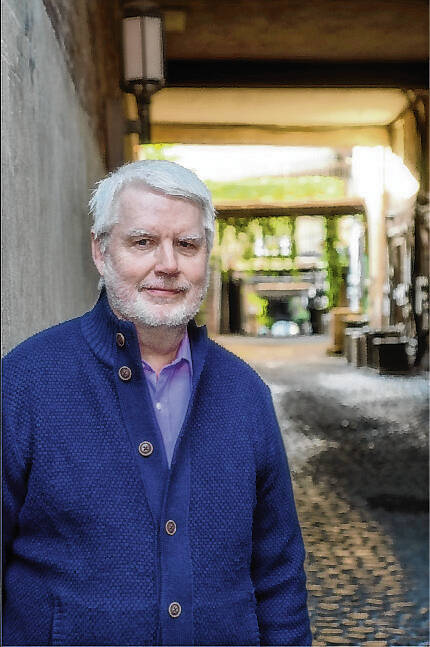For many high school and college seniors, this time of year can feel like the final hundred yards of a marathon. The last exam has been taken, the graduation robe has been pressed, the party given by proud parents is set to begin, and, in some cases, tearful goodbyes have been given to friends and favorite teachers.
Graduation seems like an ending, a major chapter in the lives of students completed, a time to look back on years of work and on relationships made.
Ending. Looking back. How strange, then, that the rite of passage that accompanies graduation is called “commencement.” The word commence means to begin, not to end. Granted, many high school and college seniors will read the words “Commencement Exercises” on the programs handed out at their graduation ceremonies and not pay too much attention to the definition of commencement.
It seems then that we should either stop using the word commencement for graduations, or we should help graduates understand what can begin — what can commence — when they receive their diplomas.
Let me suggest two answers to the question “What begins for graduates when they walk off the stage, diplomas in hand?”
The first answer is that a degree of freedom begins in that moment that is both exciting and dangerous. The freedom I am referring to is the option to never pick up a serious book again, to never again read about world affairs in a newspaper, and to watch movies from that moment on and never ask what message the screenwriters, directors and actors were trying to make. Put another way, there is nothing that will prevent graduates from sleepwalking through the rest of their lives.
Secondly, graduates who want to continue learning will have to become their own teachers. This is true for even those who go on to graduate studies for, some day, they too will leave orderly classrooms, quiet libraries and professors who guided their learning. They will be on their own, choosing to read or not read challenging books and finding or not finding others who share their commitment to lifelong learning.
At commencement exercises across the country this May and June, every graduate will receive a diploma, a piece of paper. For some, that piece of paper will be the equivalent of a punch card or an “I’m out of school forever” card. The diploma will signify an ending.
For others, the same piece of paper will be like a plane ticket that never expires, a ticket that offers graduates the chance to continue exploring, growing, and meeting new challenges.
All this is a long-winded way of answering the question “What is the best gift to give graduates?” The answer? A book. And what kind of book? A challenging one.
David Carlson of Franklin is a professor emeritus of philosophy and religion. Send comments to [email protected].





